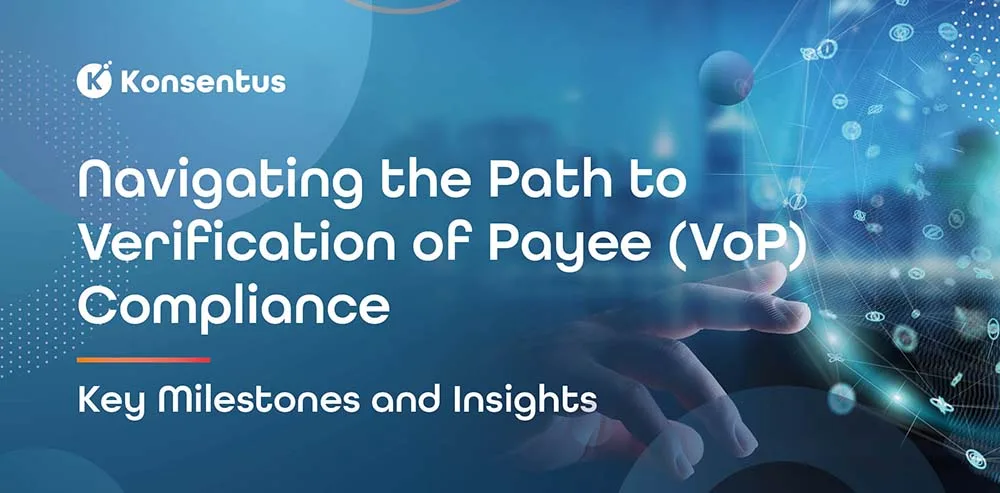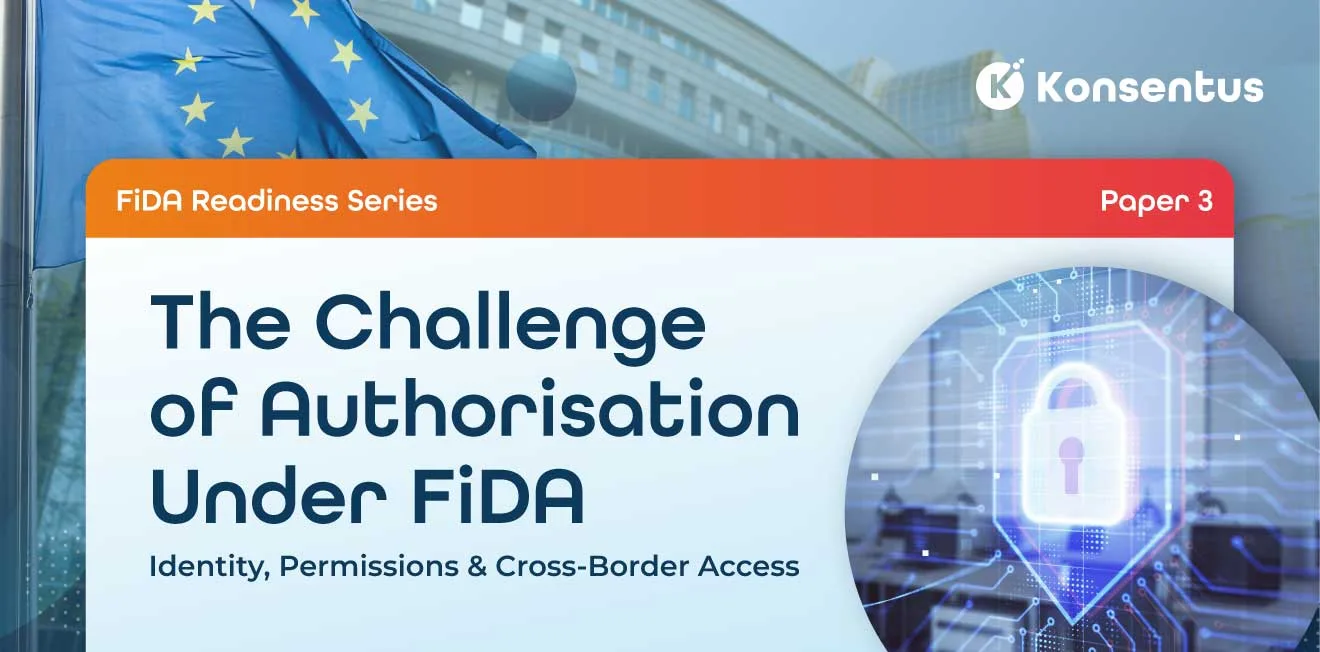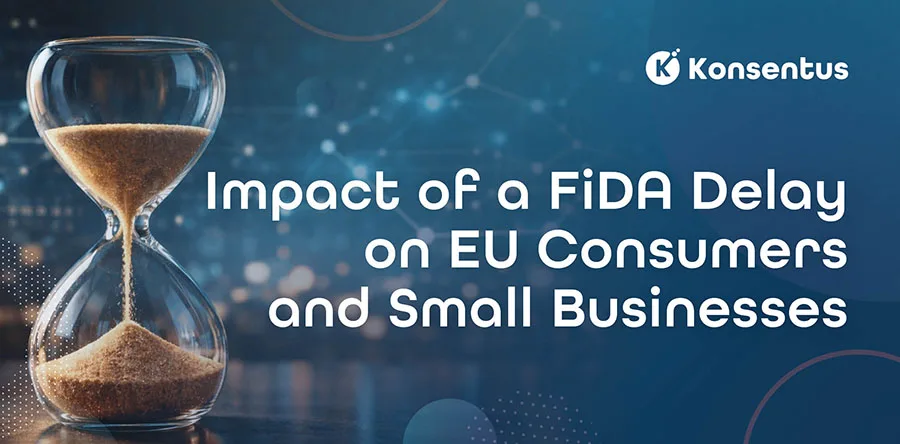In an era where digital transactions are the norm, ensuring the accuracy and security of payments is vital. The European Payments Council’s (EPC) Verification of Payee (VoP) scheme is a significant step towards enhancing trust in electronic payments by confirming that a payee’s name and account details are correct before a transaction is executed.
Key Milestones on the VoP Compliance Timeline
- February 2024: The EPC initiated a public consultation on the draft VoP Scheme Rulebook, inviting feedback from stakeholders across the payments ecosystem.
- October 2024: The EPC published the Verification of Payee (VoP) Scheme Rulebook, providing a standardised framework for PSPs to implement VoP services across the Single Euro Payments Area (SEPA).
- March 2025: The adherence process for PSPs to join the VoP scheme commenced, allowing institutions to formally commit to the implementation timeline.
- 5 October 2025: The VoP Scheme Rulebook becomes effective, marking the official start date for the scheme’s operational guidelines.
- 9 October 2025: Deadline for all PSPs offering SEPA Credit Transfers (SCT) and SEPA Instant Credit Transfers (SCT Inst) to implement VoP services, as mandated by the EU Instant Payments Regulation (IPR).
Understanding the VoP Scheme
The VoP scheme is designed to prevent misdirected payments and combat fraud by verifying that the payee’s name matches the account number provided. Key features include:
- Real-Time Verification: PSPs must perform the verification process swiftly, with a maximum allowed time of five seconds (and ideally within one second), to ensure a seamless customer experience.
- 24/7 Availability: VoP services must be available at all times, aligning with the continuous nature of instant payment systems.
- Use of Identifiers: For legal entities, PSPs can utilise identification codes such as Legal Entity Identifiers (LEIs) or VAT numbers in place of names for verification purposes.
- EPC Directory Service (EDS): A centralised directory that holds and manages essential operational data about Scheme Participants to support their reachability, ensure interoperability and enable efficient routing of VoP requests.
Challenges and Considerations for PSPs
Implementing VoP services presents several challenges:
- Tight Timescale: The 9 October deadline means there is a very “ambitious” timescale to develop and test the required services.
- Technical Integration: PSPs must develop or adopt systems capable of real-time verification, ensuring compatibility with the EPC’s API specifications and the EDS.
- Operational Readiness: Institutions need to adjust operational processes, including staff training and updates to customer interfaces, to accommodate the new verification procedures.
- Handling Bulk Transactions: While batch VoP requests can be exchanged between a payment service user and its PSP, only single requests are allowed between PSPs, necessitating efficient processing strategies for high-volume transactions.
- Name Matching Complexities: Addressing “close match” scenarios requires standardised approaches to minimise errors and payment delays.
Many of these key technical challenges can be delegated to an approved RVM/vendor like Konsentus, who can manage the VoP service “on behalf” of a PSP.
Steps to Achieve Compliance
To ensure timely compliance with the VoP requirements, PSPs should:
- Conduct a Gap Analysis: Assess current systems and processes to identify areas needing enhancement or overhaul.
- Develop a Strategic Plan: Outline a clear roadmap for VoP implementation, including timelines, resource allocation and risk management strategies. A key decision at this point is whether to develop an in-house solution or outsource compliance to an approved RVM/vendor.
- Engage with Vendors: Leverage expertise and accelerate deployment by partnering with an approved RVM.
- Participate in Testing: Engage in industry-wide testing initiatives to validate systems and ensure interoperability with other scheme participants. Where an approved RVM/vendor is engaged, responsibility for this stage can be delegated accordingly.
- Educate Stakeholders: Inform customers and internal teams about the upcoming changes to foster understanding and smooth adoption.
By proactively addressing these areas, PSPs can not only meet regulatory obligations but also enhance the security and reliability of their payment services, thereby strengthening customer trust and satisfaction.
The good news is that the Konsentus RVM service can remove some of the time pressures and take care of the important technical considerations.
We manage all compliance-intensive processes – integrating with the EPC Directory, connecting to the VoP network and handling testing and ongoing maintenance – offering a simple integration to ensure PSPs are fully prepared to serve their customers.
Get in touch to find out how we can support you on your VoP journey.




